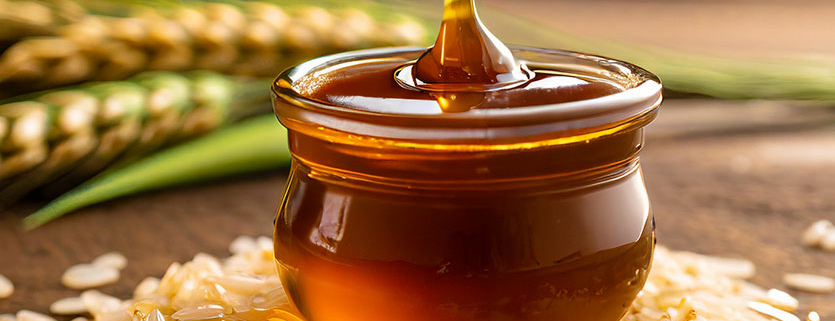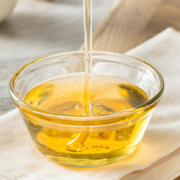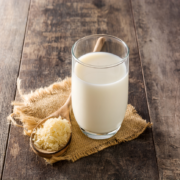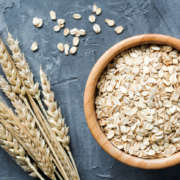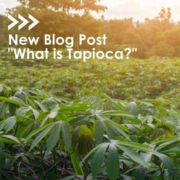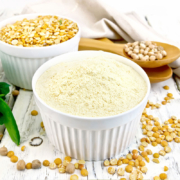Rice syrup instead of sugar: a sweet alternative full of benefits?
Sugar in the form of glucose is the most important source of energy for our body. We are usually sufficiently supplied with it as we absorb it through our everyday carbohydrate-containing food. Adding sweetness to our diet is therefore unnecessary and, in the worst case, even harmful – but also very tasty.
More and more people are therefore looking for a sugar alternative so as not to harm their bodies and still not have to go without. Rice syrup is often chosen instead of sugar. Below we explain whether it really is a healthier alternative.
Whether rice syrup or industrial sugar: large quantities are never healthy. It doesn’t matter whether we consume it through sweets or as fructose in fruit. Excess sugar is stored in the liver and kidneys, converted into fat and stored in the body.
What is rice syrup?
As the name suggests, the syrup is made from rice. This is finely ground in the first step. The flour is then boiled in water and the coarse particles are filtered out. The remaining liquid is boiled down until it has a consistency similar to honey.
The finished rice syrup, is available in different shades of color. Depending on the quality and type of rice and the filtering process, it varies from water-white to a dark amber. Darker syrups usually have a stronger, malty-caramel taste.
Incidentally, so-called industrial sugar (also known as household sugar) also comes from plant sources – usually sugar cane or sugar beet.
Properties: Comparison of the two sweeteners
Both sweeteners are obtained from plants and are a tasty addition to various dishes. However, there are also some differences.
Consistency
Industrial sugar is most commonly used in dry form – for example as sugar cubes or granulated sugar. However, syrup can also be made from sugar cane or sugar beet. The consistency and color of rice syrup is similar to honey.
Calorie content
Rice syrup usually has just over 300 kcal per 100 g – around 100 kcal less than sugar.
Fructose content
Rice syrup instead of sugar – a good idea if you are fructose intolerant! This is because fructose is present in industrial sugar, but not in the sweetener made from rice.
Glycemic index
The glycemic index (GI) indicates how much the blood sugar level rises after consuming a carbohydrate-containing food. The higher the value, the faster the blood sugar rises. Sugar has a GI of 68, rice syrup 98, so you should be careful, especially if you are diabetic.
Flavor
If you want to use rice syrup instead of sugar, you should know that the former tastes less sweet. To achieve the same sweetness, you would therefore need a higher quantity. If this is exactly what you like and a slightly malty caramel note is enough for you, rice syrup may be the ideal alternative for you.
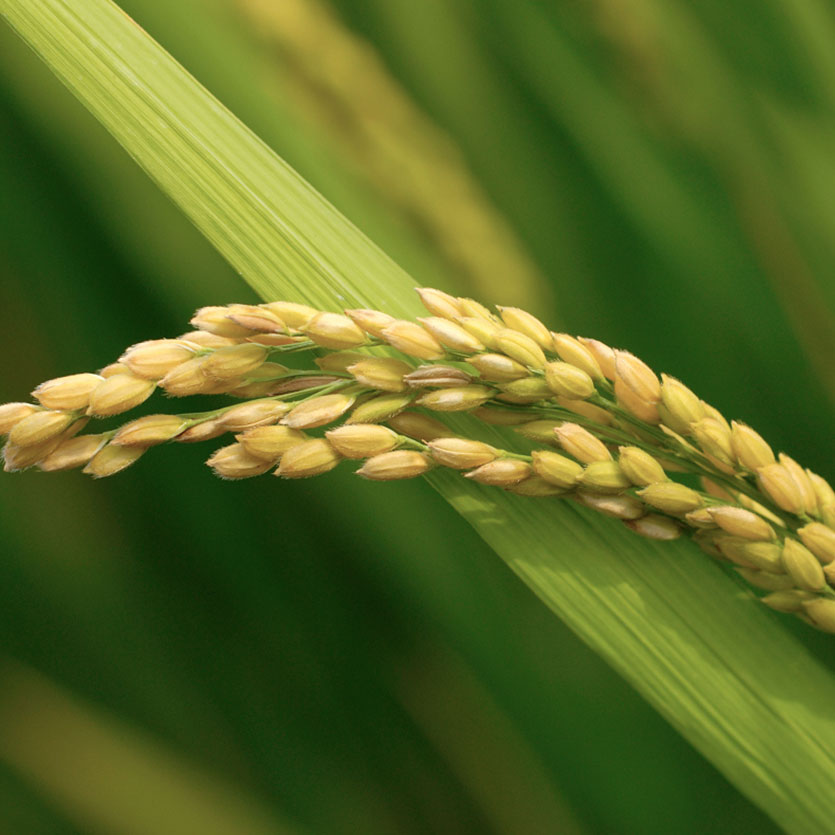
Use of rice syrup as a sugar substitute
Rice syrup has many applications and can be an ideal substitute for sugar both in everyday life and in industrial use.
Rice syrup is ideal
- for the production of baked goods and confectionery
- in yoghurt or porridge
- as a vegan alternative to honey
- in pharmaceutical products and vitamin supplements
- in sauces or dressings
However, bear in mind that it will affect the moisture balance of your recipe as it is not used in dry, crystalline form. You should therefore reduce the amount of other liquids.
Rice syrup instead of sugar: a good alternative – if the quality is right!
Let’s summarize: Rice syrup is not necessarily healthier than household sugar, but it does have some advantages over it.
It can be the right choice if you appreciate a mild sweetness with fewer calories or are looking for a fructose-free alternative.
A tip for buying: Ideally, choose a product in organic quality. That way you can be sure that no genetic engineering has been used.
We at naVitalo go one step further and subject our rice syrup to microbiological testing. In this way, we can offer you different quality levels that you can even use in baby food without hesitation.
By the way: Oat syrup or tapioca syrup are also tasty ways to add vegan sweetness to your products.
So if you are a food manufacturer looking for a vegan honey alternative, please contact us here.

